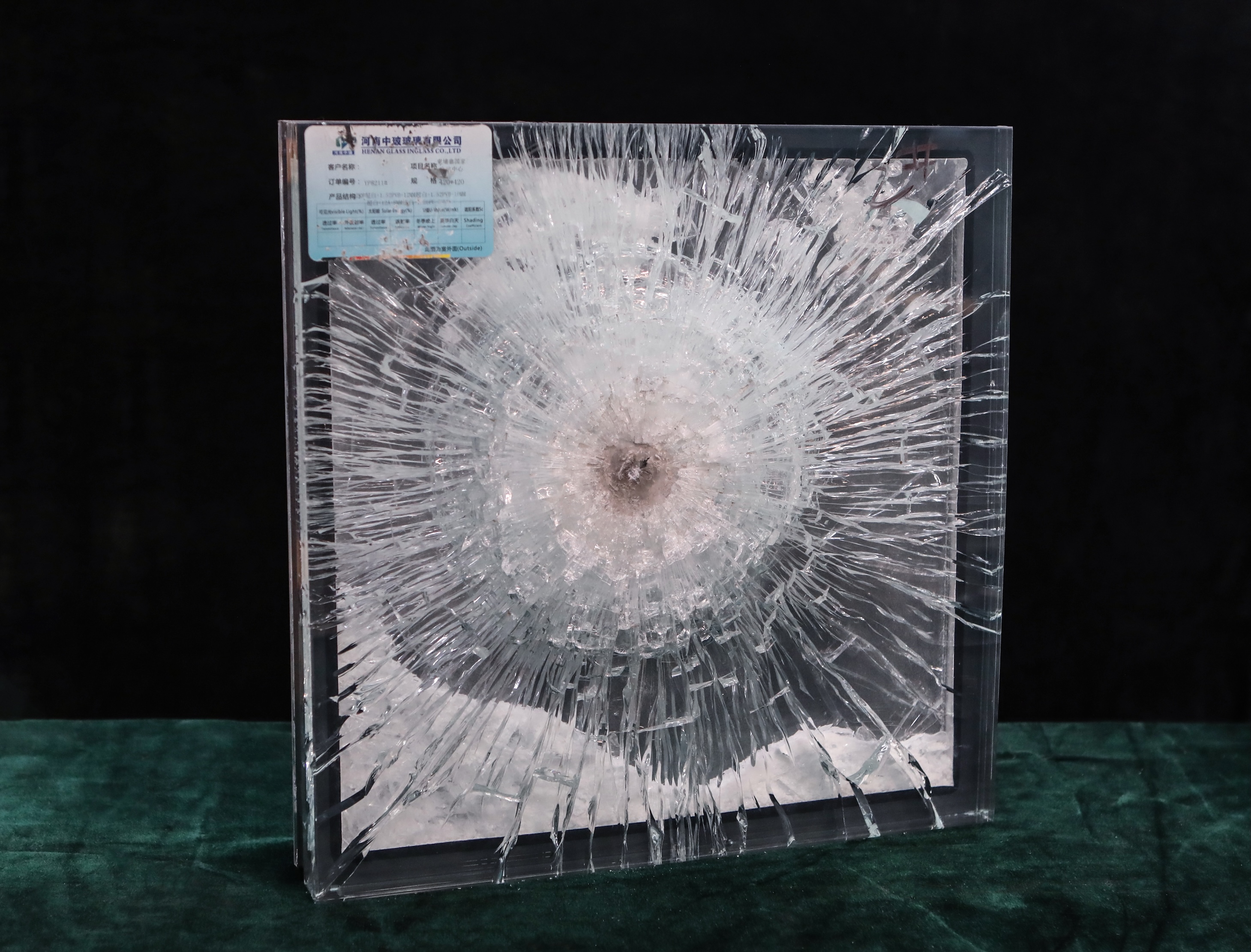Gypsum Board vs. Plywood: Unveiling the Superior Choice for Your Construction Needs
When it comes to construction materials, gypsum board and plywood are two popular choices. Both have their unique properties and applications, but which one is truly better? In this comprehensive analysis, we will delve into the key factors that differentiate gypsum board from plywood, enabling you to make an informed decision for your specific construction requirements.
- Composition and Manufacturing Process:
Gypsum Board:
Gypsum board, also known as drywall or plasterboard, is composed of a gypsum core sandwiched between two layers of paper. The gypsum core is made by grinding gypsum rock into a fine powder, which is then mixed with water and additives before being formed into sheets through a continuous manufacturing process.
Plywood:
Plywood, on the other hand, is made from thin layers of wood veneers, known as plies, which are glued together with the grain direction alternating between adjacent layers. This cross-grain construction enhances the strength and stability of plywood.
- Strength and Durability:
Gypsum Board:
Gypsum board offers excellent fire resistance due to the presence of water molecules within its core. It is also highly resistant to mold and mildew, making it a suitable choice for areas prone to moisture. However, gypsum board is relatively brittle and can be easily damaged by impact or excessive moisture exposure.
Plywood:
Plywood is renowned for its strength and durability. Its cross-grain construction provides superior resistance to warping, twisting, and cracking. Plywood also exhibits better impact resistance compared to gypsum board, making it ideal for applications that require structural integrity.
- Installation and Versatility:
Gypsum Board:
Gypsum board is lightweight and easy to install, making it a preferred choice for interior wall and ceiling applications. It can be easily cut, shaped, and finished, allowing for seamless integration with various architectural designs. Additionally, gypsum board offers excellent sound insulation properties, enhancing acoustic performance in buildings.
Plywood:
Plywood's versatility shines through its wide range of applications. It can be used for structural purposes, such as flooring, roofing, and wall sheathing. Plywood is also suitable for exterior use, as it can withstand exposure to the elements when properly treated. Its dimensional stability and strength make it a reliable choice for demanding construction projects.
- Cost Considerations:
Gypsum Board:
Gypsum board is generally more cost-effective compared to plywood. Its efficient manufacturing process and widespread availability contribute to its affordability. Additionally, gypsum board requires minimal maintenance, reducing long-term costs.
Plywood:
Plywood tends to be slightly more expensive than gypsum board due to the higher cost of raw materials and manufacturing processes. However, its durability and versatility often justify the additional investment, especially for projects that require long-lasting performance.
Conclusion:
In the battle between gypsum board and plywood, there is no clear winner. The choice ultimately depends on the specific requirements of your construction project. If fire resistance, moisture resistance, and ease of installation are paramount, gypsum board may be the ideal choice. However, if strength, durability, and versatility are key factors, plywood emerges as the superior option. Consider the unique properties and applications of each material to make an informed decision that aligns with your project goals.

